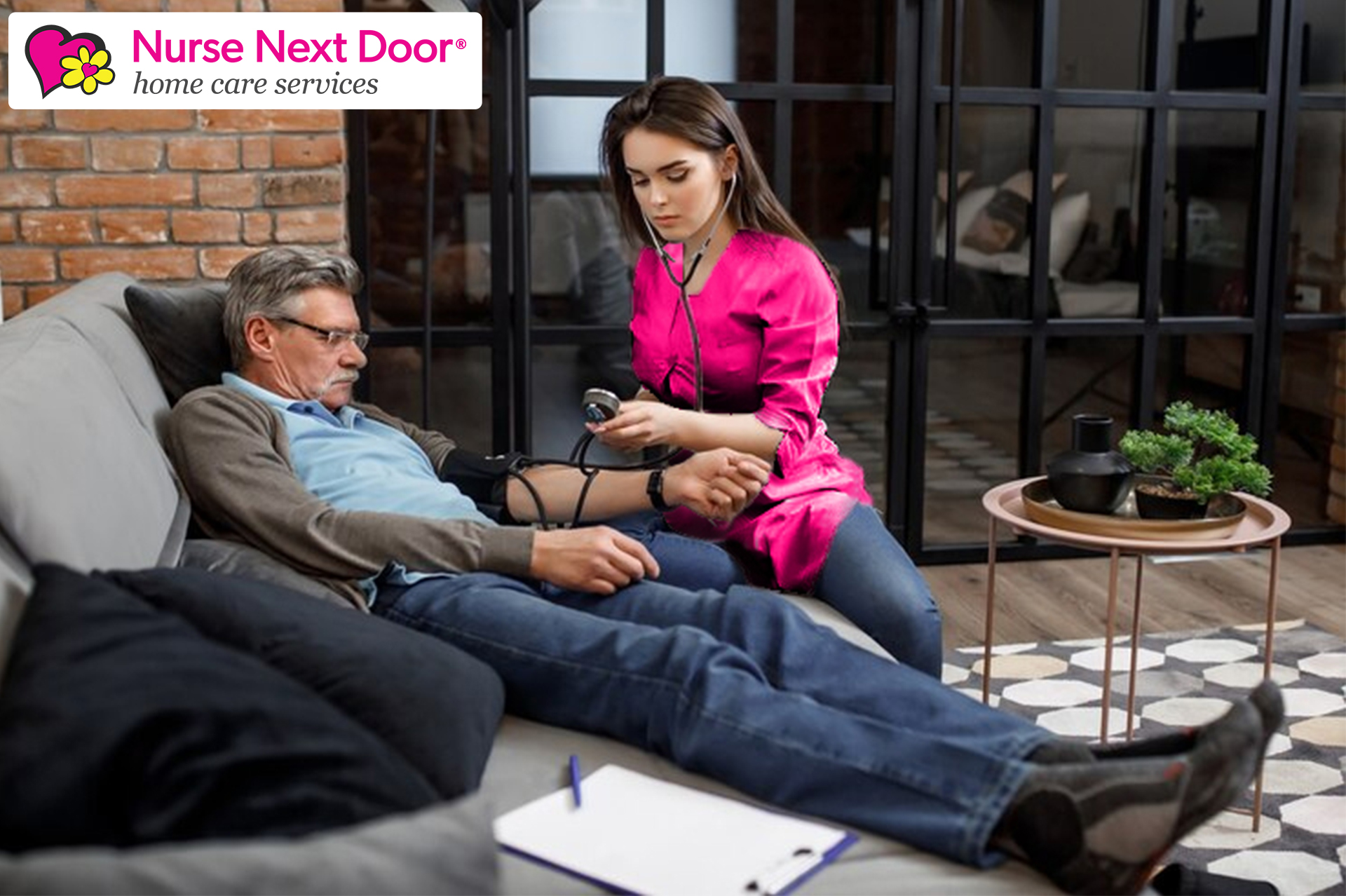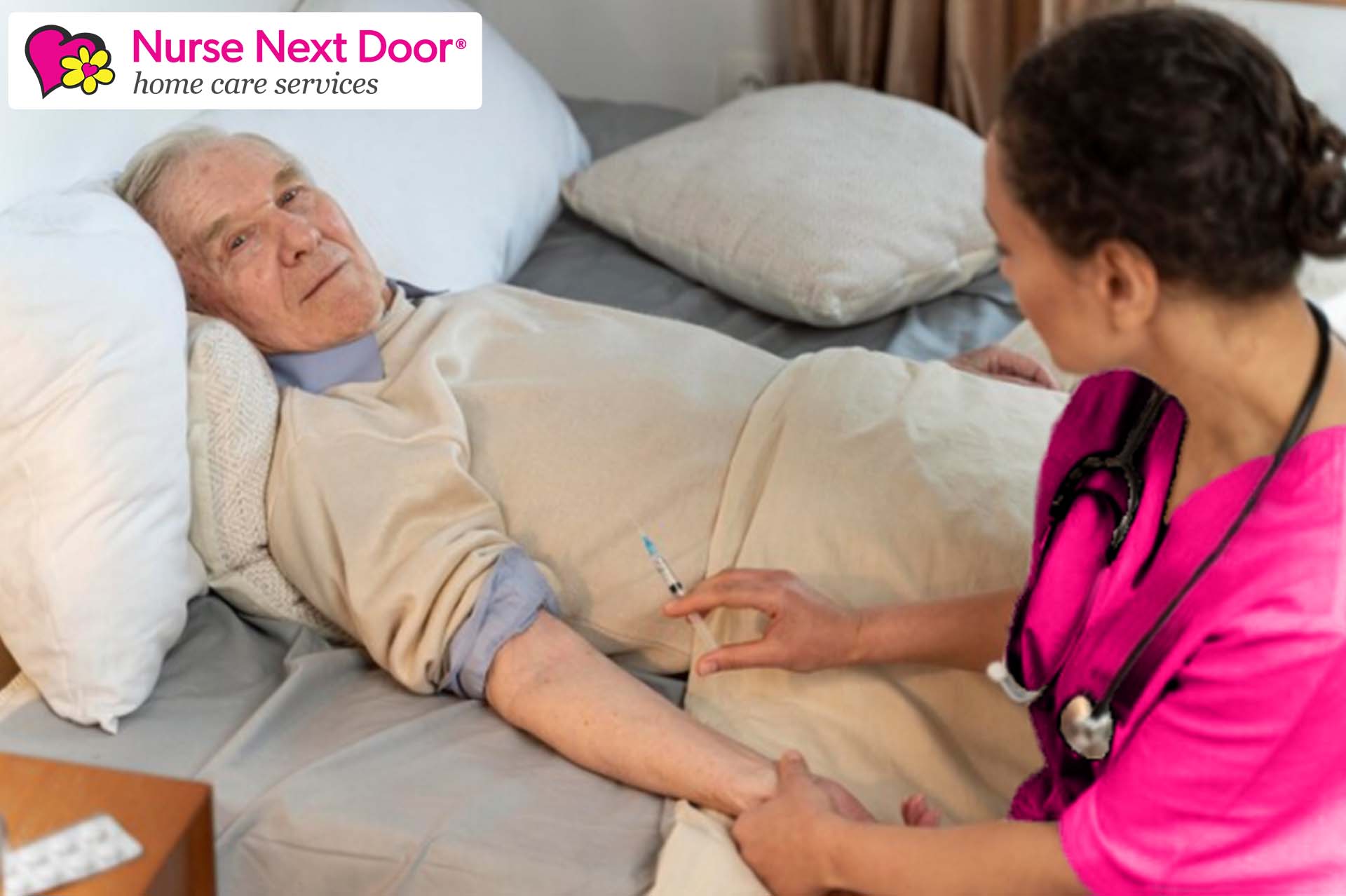
Knee replacement surgery is a common solution for severe arthritis, injuries, and other conditions affecting the knee joint. According to the American Academy of Orthopaedic Surgeons, around 790,000 surgeries are performed annually in the U.S. alone. While surgery improves mobility, post-operative pain and swelling are a normal part of the recovery process. The good news is that there are effective ways to deal with the post-operative symptoms after knee replacement surgery. Compared to rehab at a facility, in-home post-op care is a convenient and more affordable solution. This article covers various aspects of in-home post-op care that one needs to know to deal with pain after knee replacement surgery.
Best 5 Home Care Providers in Vienna
Benefits of Post-Op Care at Home After Knee Replacement Surgery
In-home post-operative care offers multiple benefits that can significantly support the recovery process after the knee replacement surgery:
- Personalized Care in a Familiar Environment: Tailored care plans along with the comfort of one’s home help address individual needs more effectively. This makes recovery more convenient and effective.
- Enhanced Comfort and Reduced Stress: Recovering at home minimizes stress and ensures emotional well-being, which is very crucial for faster healing.
- Cost-Effective: In-home post-op care is usually more affordable compared to similar services provided at hospitals and other medical facilities.
- Reduced Risk of Hospital-Acquired Infections: Healing at home also decreases the exposure to infectious agents found in hospitals. This reduces the risk of hospital-acquired infections and disorders.
- Assistance with Daily Activities: In-home post-op care services also cover assistance with activities of daily living (ADLs), including bathing, dressing up, and cooking healthy meals. It allows patients to focus on their recovery.
- Family Involvement in Post-Op Care: Recovering at home not only enables the patient to be in a familiar setting but also allows family members to participate in the care process actively.
Tips for Faster Orthopedic Recovery at Home
Pain Management Strategies in In-Home Post-Op Care after Knee Replacement Surgery
Managing the pain after knee replacement surgery involves multiple effective strategies:
Medications
Healthcare professionals may prescribe opioids or NSAIDs for pain relief after the surgery. Taking these prescribed medicines while adhering to the CDC’s guidelines may help in faster recovery.
Physical Therapy
Engaging in customized exercises for the knee may help restore its mobility and function. Consider personalized rehab plans for optimal recovery.
Ice and Heat Therapy
Regularly applying ice packs reduces swelling, while heat therapy alleviates stiffness. Alternating between these therapies can help manage post-op discomfort effectively.
Elevation and Compression
Elevating the leg and using compression stockings assist in decreasing the swelling significantly.
Role of Caregivers
Assistance to Perform Daily Activities
Besides administering medication, Nurse Next Door’s professional caregivers help with walking, bathing, dressing up, light housekeeping, and meal preparation. They provide comfort and support to the patients as they go through their worst days after knee replacement.
Emotional Support
Offering emotional encouragement and support can significantly reduce the perception of pain. It’s an important step to improve the patient’s overall well-being.
Monitoring and Communication with Healthcare Providers
Caregivers monitor pain levels, mobility, and medication side effects. With this approach, they can identify and report complications early. Licensed nurses and physical therapists play a very crucial role in post-op recovery after knee replacement. They assist by documenting the vital signs, mobility progress, and pain levels of the patient. Communication with the physicians to address questions like why there is so much pain after knee replacement can help patients recover without facing stress and complications.
Patients are more comfortable and independent when recovering at home. In-home care also reduces the risk of rehospitalization. A recent study revealed that those receiving 10–13 in-home physical therapy sessions after knee replacement surgery experience a 40% greater improvement in daily activities compared to those with fewer sessions.
The Importance of In-Home Skilled Nursing Services in Virginia
Consider Nurse Next Door’s Services
Nurse Next Door provides personalized in-home post-op care services for those recovering after a knee replacement surgery. From medication management to assistance with everyday tasks and companionship, we focus on all aspects of your loved one’s recovery and healing. We prioritize the independence and comfort of our clients, making sure all their physical, medical, and emotional needs are met at home. We begin providing services as soon as the patient is discharged from the hospital, including:
- Specialized transportation service
- Medication and pain management
- Wound care and dressings
- Monitoring various symptoms and vital signs
- Coordinating with the doctor or healthcare team
- Supporting activities of daily living
- Respite care and emotional support
Conclusion
In-home post-op care significantly helps relieve the pain after knee replacement surgery. This approach not only improves comfort but also reduces recovery time and the risk of complications. Discussing in-home post-op care options with home healthcare agencies like Nurse Next Door is a great way to develop a tailored recovery plan. Reach out to us today.



